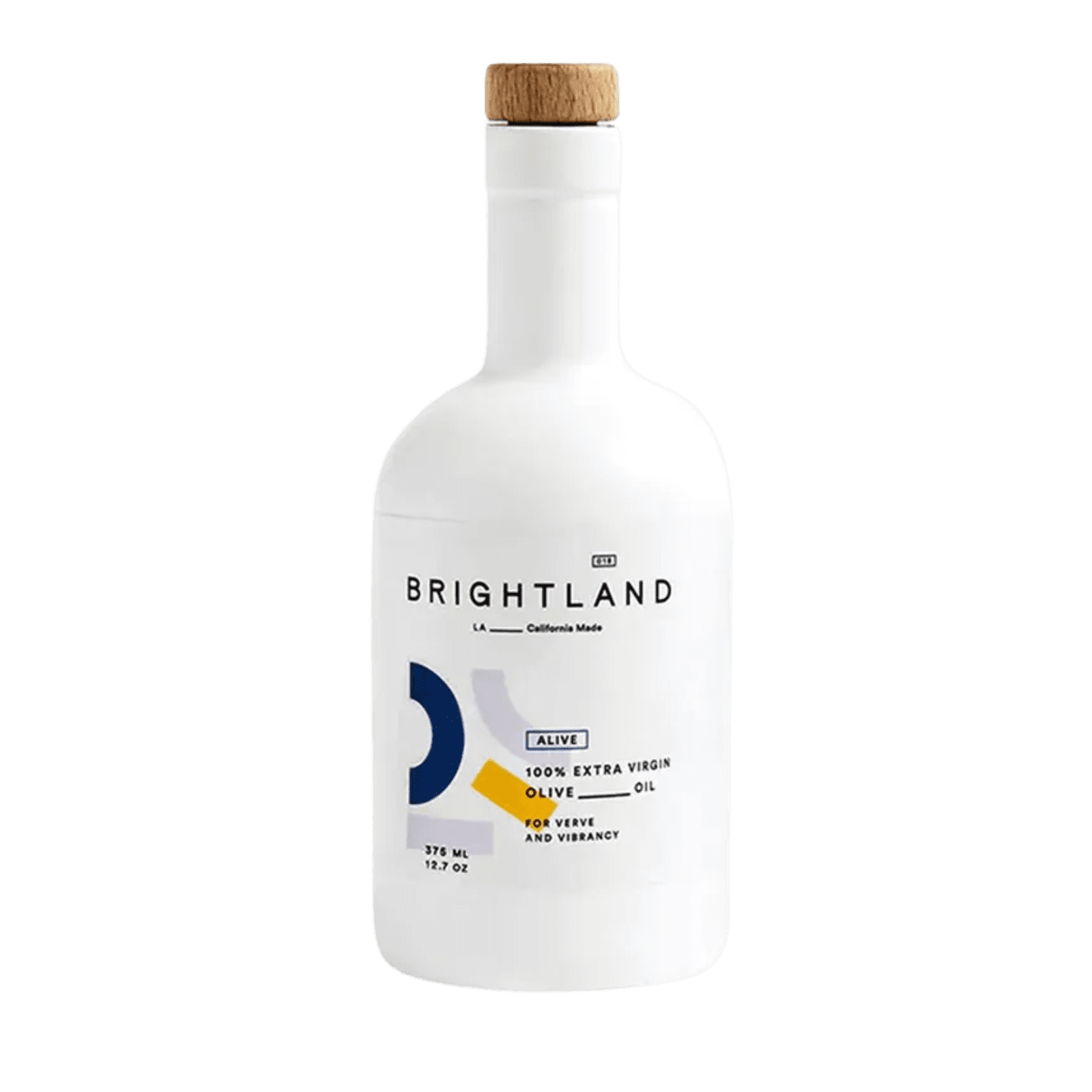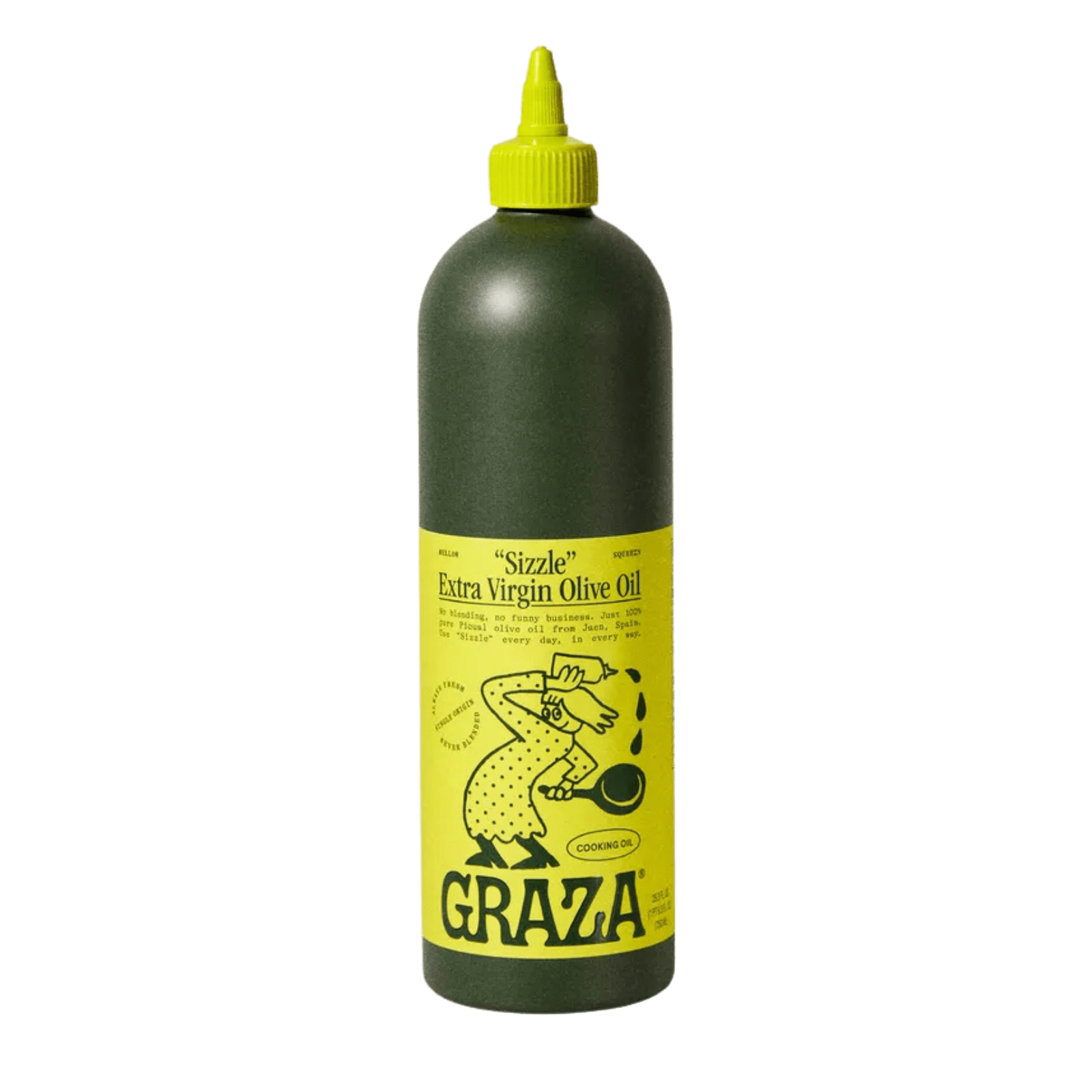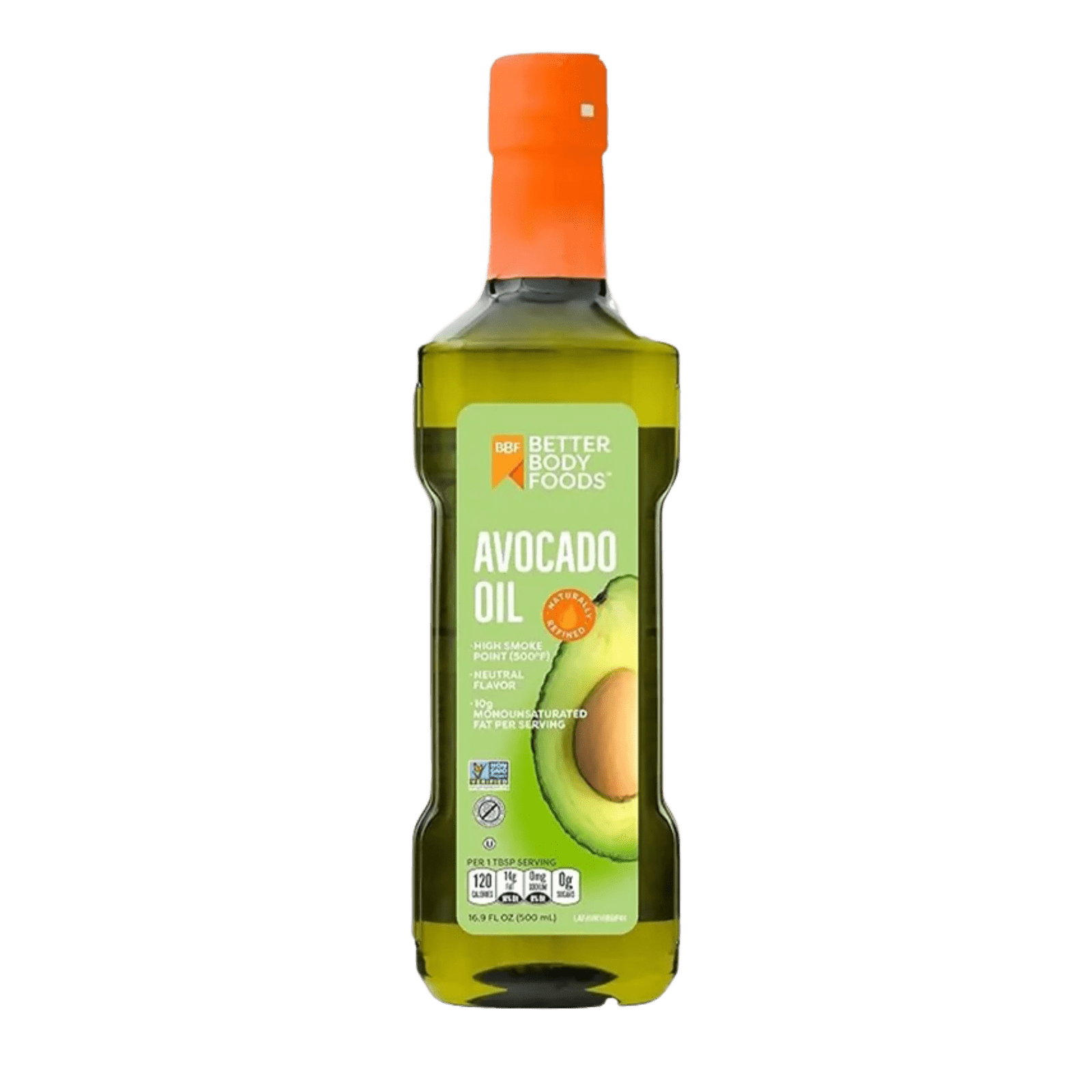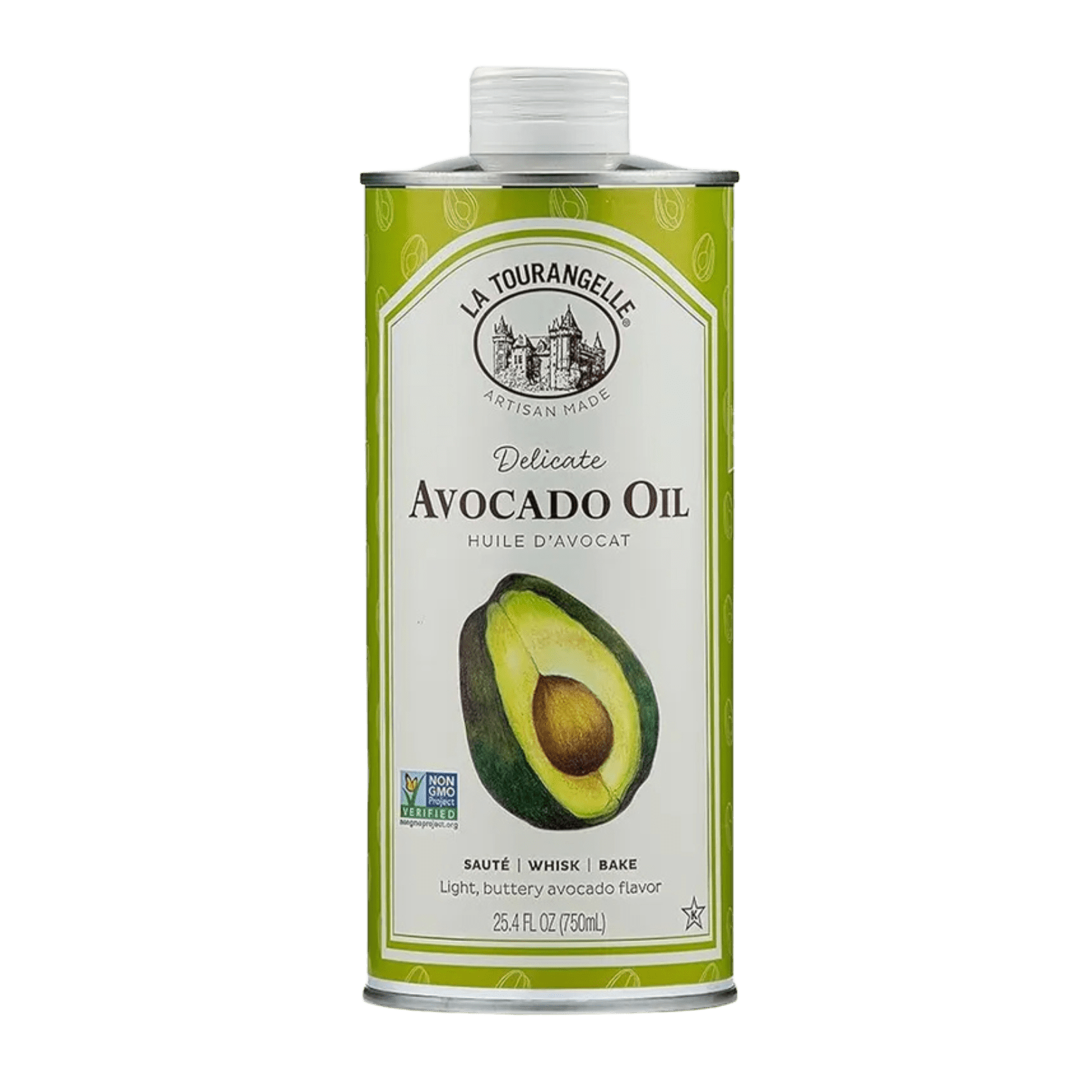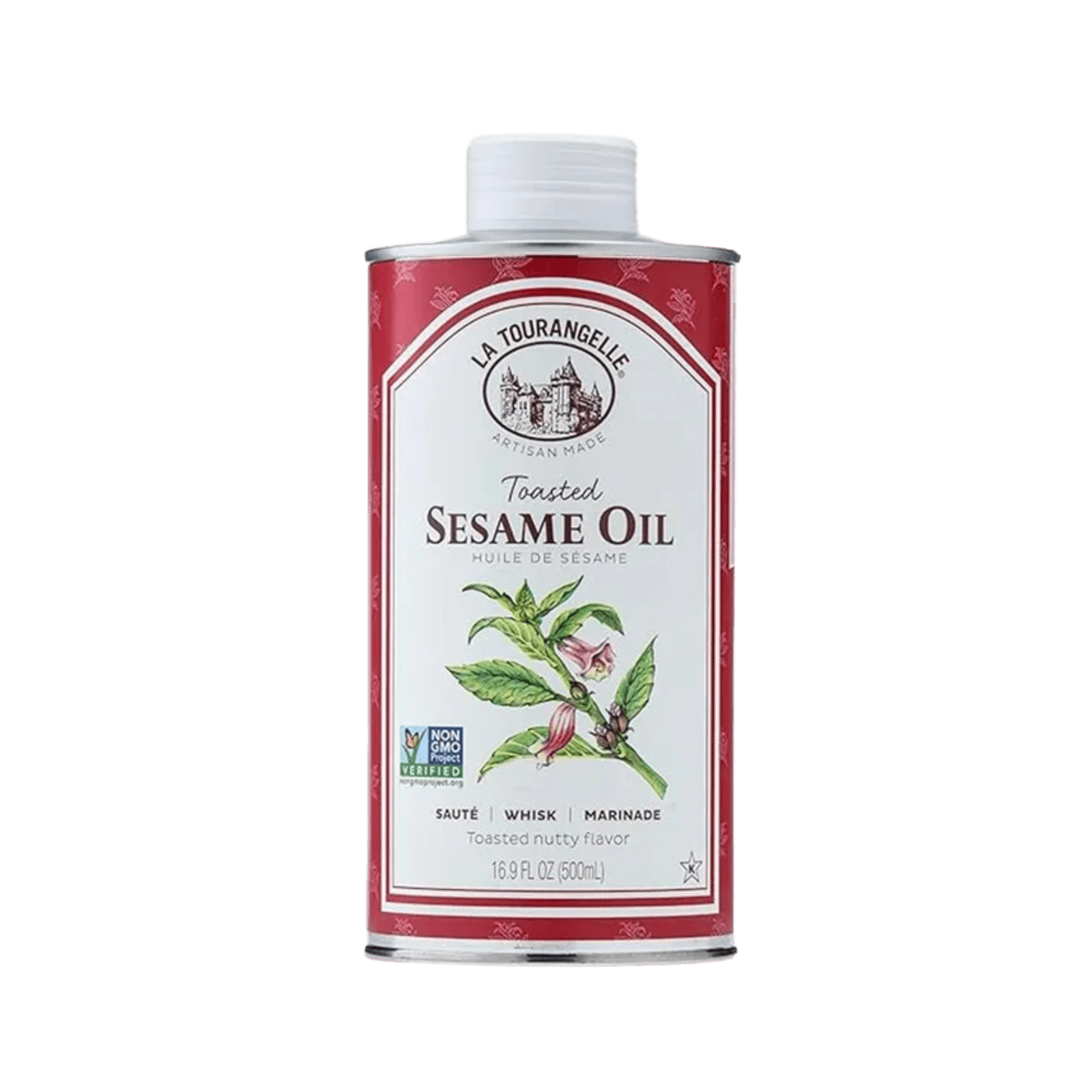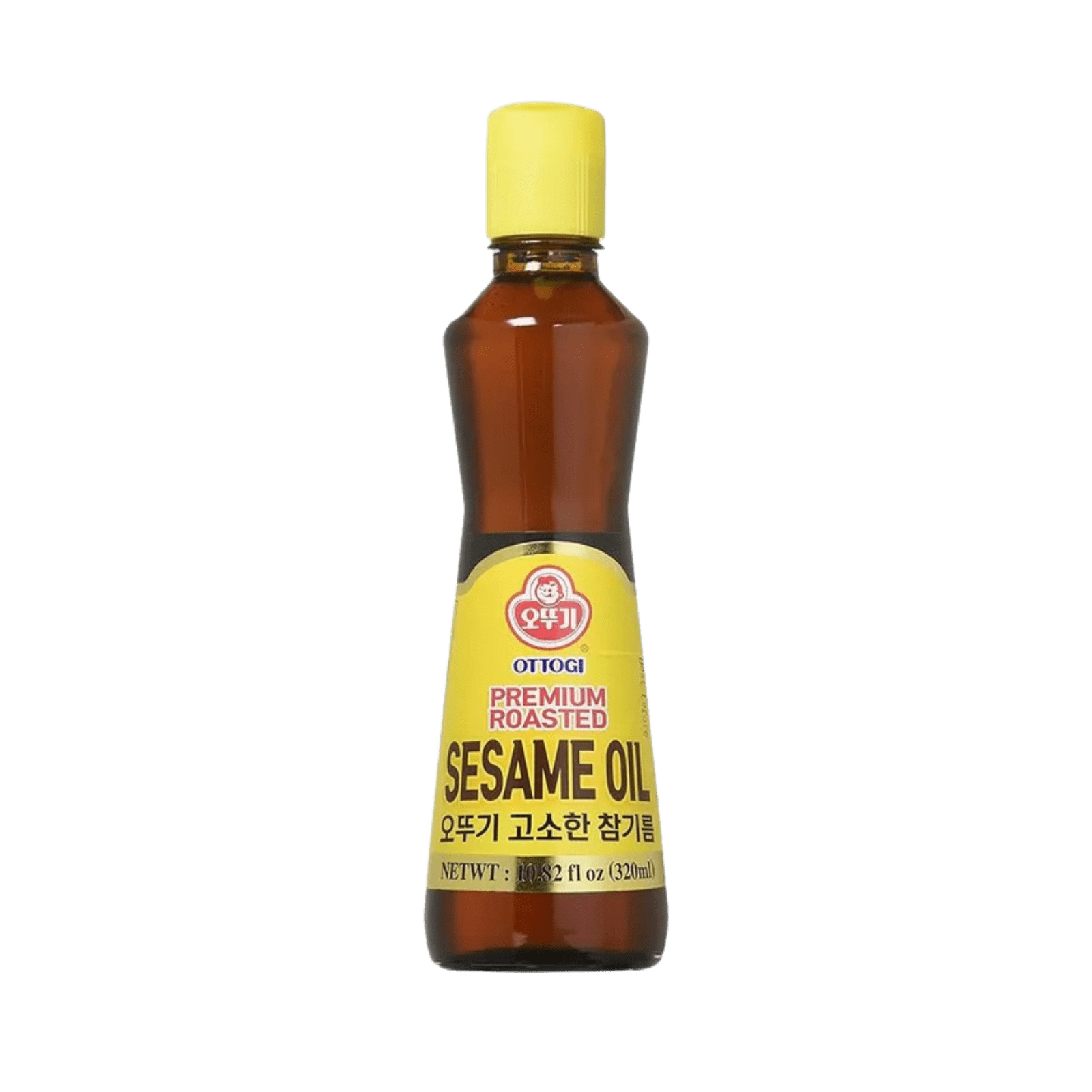Photo: Alex Lvrs/Unsplash
Regardless if you’re a budding Julia Child or your culinary skills are limited to those easy TikTok recipes, there’s one ingredient all chefs—professional, wannabe, or novice—should choose carefully: cooking oil. While it’s easy to think that you can grab any oil and be fine, the type of oil you choose determines how much heat you can cook with and affects the flavoring and outcome of your meals.
How to choose the best oil for cooking will depend on a couple of different factors. And to break it all down for us, we turned to the experts. Perri Halperin, MS, RD, CDN, clinical nutrition coordinator at the Mount Sinai Health System and Angie Asche, MS, a registered dietitian at Centr to share everything they know about this essential ingredient. See what they had to say for the best (and worst) oils for cooking below.
The Best Oils for Cooking
The best oils for cooking, says Halperin, are ones that are unsaturated (a.k.a contain healthy fats) and have high smoke points that can withstand high heat. Smoke points, for those who don’t know, are temperatures at which oils are no longer considered stable. Once oil is past that point, she says it can begin to oxidize and release free radicals, which can cause adverse health effects and even disease. It will also release a substance called acrolein, which has an unpleasant flavor and can be dangerous for your lungs.
Both she and Asche recommend using olive, avocado, and sesame oil (which Asche says adds a lot of flavor to dishes) to cook your meals. Here are some reasons why these three are considered the gold standard of cooking:
Olive Oil
Halperin says one of the main reasons she loves cooking with olive oil is its smoke point; it has a smoke point of approximately 350 degrees Fahrenheit, which she says is a common cooking temperature, making it a safe and ideal choice for most meals and baked goods.
Olive oil is also one of the healthiest cooking oils. It is rich in antioxidants, such as phenols and vitamin E, which Asche says is beneficial to our overall health. Halperin adds that olive oil contains fatty acid oleic acid, which is shown to be protective against cancer and inflammation. It also contains healthy compounds that can combat health conditions such as metabolic syndrome and type 2 diabetes.
Avocado Oil
With a smoke point of approximately 520 degrees Fahrenheit, avocado oil should be your go-to if you’re looking for something healthy that can also handle very high temperatures when cooking. Halperin also likes avocado oil because of its many health benefits. It contains oleic acid and studies have shown that it can be protective against metabolic syndrome and lower your cholesterol levels, which can reduce the risk of heart disease. Asche adds that it is also rich in antioxidants, vitamin E, and monounsaturated fats.
Sesame Oil
Sesame oil has a medium to high smoke point of about 410 degrees Fahrenheit and also contains rich antioxidants. Halperin explains that these antioxidants, such as sesamol and sesaminol, may help stabilize blood sugar and contain neuroprotective benefits.
The Worst Oils for Cooking
What makes for a bad cooking oil? First is a low smoke point, as you won’t be able to cook much with it. Halperin points to flaxseed oil and nutty oils such as walnut oils, which have a smoke point of about 217 degrees Fahrenheit. She recommends using these oils in colder foods, such as salad dressings.
Other oils can’t be heated and are meant to be taken cold. She says fish and algae oil are usually used as dietary supplements so that you can get your omega-3 fatty acids in very small doses. She says to never use these oils for cooking or any heated preparations.
Asche also says to avoid soybean oil and corn oil because they are highly processed, lack nutritional value, and are very high in omega-6 fatty acids, which she says too much of can cause inflammation and may lead to an increased risk of chronic disease.
How to Pick the Right Oil for Your Meals
It all depends on the types of cooking you’re doing. Asche explains that oils can change the flavor of the dish and determine the temperature and method of how you cook your meals. Something like an Asian stir-fry is often used with sesame oil, for example, because sesame oil has a higher smoke point and adds unique flavor, especially when with aromatics like garlic or onion, she says.
You’ll also want to be mindful of the difference between refined and unrefined oils. Refined oils, says Halperin, have a high smoke point with a uniform appearance and tend to be more wallet-friendly. Unrefined oils are minimally processed; they may contain sediment particles and have a cloudier appearance. Though they might be more nutritious, they’ll be more sensitive to heat. She adds that you’ll want to look for oils with no partially hydrogenated oils or trans fats.
How much oil you use can also help with your weight goals. Asche says that oil is very calorie-dense (one tablespoon has over 100 calories), so if you’re aiming to maintain weight or on a weight loss journey, you’ll want to control how much oil you use in your dishes. If you’re looking to gain weight, she says you can add oil to up the calorie count, such as drizzling an extra tablespoon of oil over steamed broccoli.
You can use cooking sprays if you’re looking to reduce your calorie intake, says Asche. But she recommends looking for a cooking spray where the only ingredient is the oil with no additional additives.
Halperin adds to be cautious when using a cooking spray. Chemicals like butane, isobutane, and propane are often used as propellants to help spray the oil from the can. While the U.S. Food & Drug Administration (FDA) says regular use of these are safe, she says large amounts of any of these substances may be toxic. For safer alternatives, she recommends looking for a spray can with a non-aerosol pump to help with portion control and achieve an even coating.
This article was originally published on Vogue.com.

